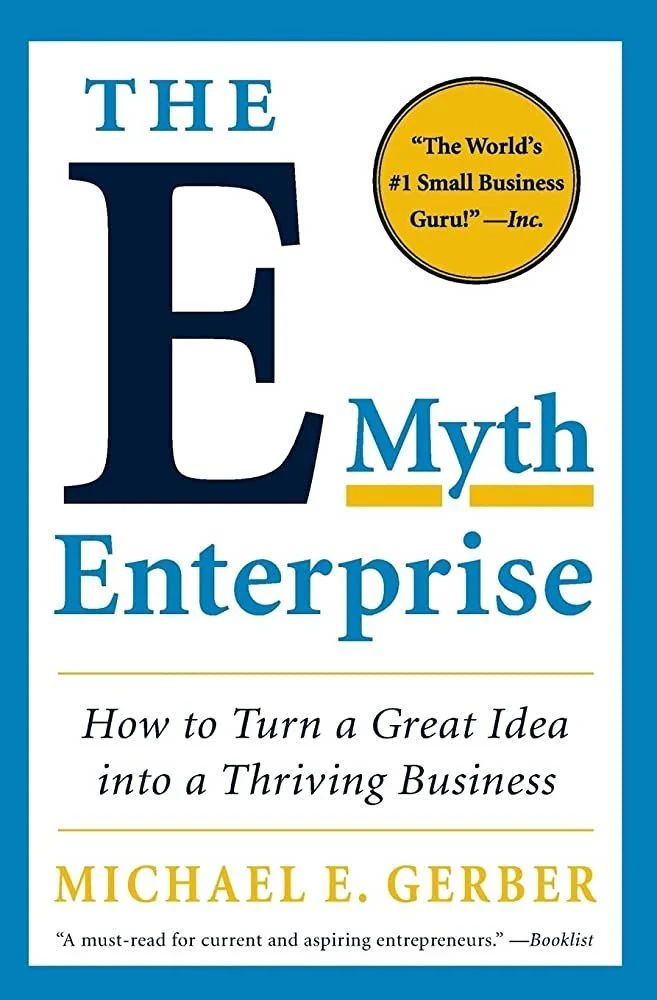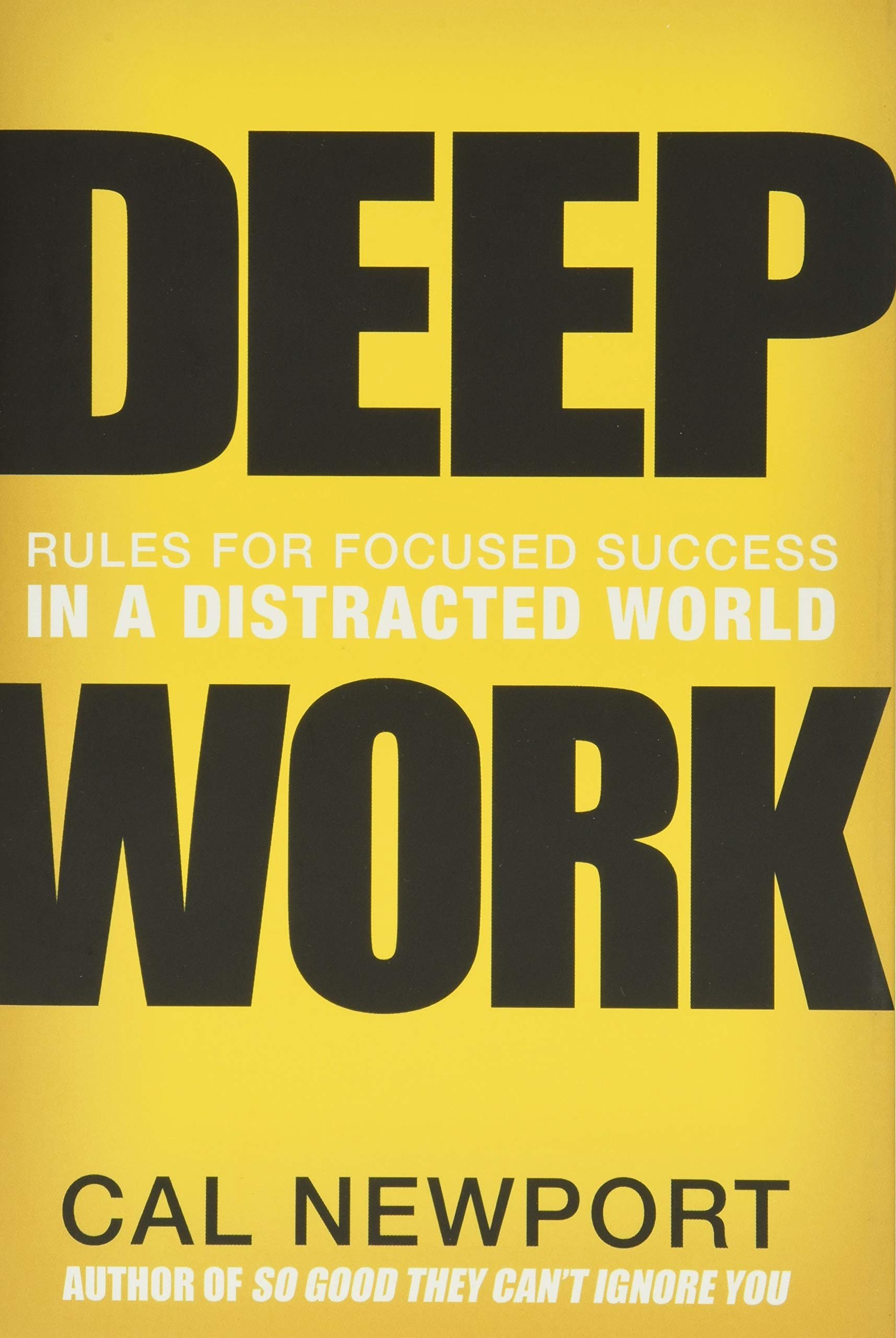
LANGUAGE OF LEAN
Pareto Principle
The 80/20 rule demonstrates that things have an unequal distribution. Out of 5 one will fly and have the most impact. With 20 percent of action 80 percent of your target state is already reached.
The Pareto Principle describes that 80% of problems can be closed with 20% of the causes. This principle is named after Vilfredo Pareto who found out that 80% of Italy’s wealth belonged to 20% of the population.
With this in mind it is worth to have a look at it.
Let us start with an assumption, according to the Pareto Principle it allows us to assume that
20% of input creates 80% of the output
20% of customers create 80% of your revenue
20% of causes create 80% of failures
20% of your employees create 80% of sales
and so on…
But before you run away now and think you have the answer hold a second. With the 80/20 rule you might tend to say that it always have to be 100 - it’s not. Make a deep analysis before making such statements! 20% of your employees can also make only 20% of sales or 60%. So before you fire 80% of your employees keep in mind that the Pareto Principle only gives you an idea on the distribution.
The whole idea behind it is that most things in life are not distributed evenly!
When we talk about value adding activities and the final product is 100% What is with all the necessary tasks, that are not adding any value to the final product but have to be done to run the company.
Or think about failures and finding the root cause, where to start to take actions? This is great when you think about a Failure Pareto and you want to satisfy your customer as quick as possible. Of course you are focusing first on the most failures and most of the time - not always - the other failures will disappear as well.
But most important of all, your customer gains trust in you that you have the competencies to do the job.

The key point is that most things are not in a 1/1 actio = reactio relationship.
So what can we use it for this 80/20 rule?
The Pareto Principle in first place supports you on realizing that most of the outcome are based on a minority of inputs. This means:
20% of input creates 80% of the output > try to reduce those non value adding activities
20% of customers create 80% of your revenue > install a key account manager that the customers knows he/she is important to your company > your customers success is your companies success
20% of causes create 80% of failures > Focus on fixing those failures first
20% of your employees create 80% of sales > get those employees a reward
We could continue on and on. To bring it to the point > focus on the 20% and not on everything at the same time.
Some examples that might help you for a better understanding:
Instead of spending a whole night to prepare a presentation and thinking about where to start > focus on one topic and do it. You will get a feedback anyway during the pitch. This feedback gives you the chance to take it and improve it.
Instead of focusing on one solution that might be the best and go through all the details. Make a list of three and go through the pros and cons with your colleagues that probably know the topic better anyway and based on their opinion make a decision with what to go on.
Maybe this examples are nuts for you but we want to emphasize that you should focus only on the important 20% and forget - for the moment - the other 80.
Last but not least - the Pareto Principle is not a law of nature it is a guideline to steer your focus and to save time on problem solving or simply getting your job done faster.
Stay Connected
Ad
We want information fast and in a nutshell. We from OI recommend Blinkist* - because it’s simply the best.
* = Affiliate Link
In a world where leadership often equates to tough exteriors and unyielding authority, "Dare to Lead: Brave Work. Tough Conversations. Whole Hearts." stands as a beacon of hope and transformation.
In the realm of business literature, few books tackle the unglamorous, gritty realities of leading a company through turbulent times. "The Hard Thing About Hard Things: Building a Business When There Are No Easy Answers" by Ben Horowitz does just that.
Why does Emotional Intelligence (EQ) matter, and in what ways can it impact our lives more significantly than IQ? In "Emotional Intelligence: Why It Can Matter More Than IQ," Daniel Goleman introduces a groundbreaking argument that our emotional abilities can be more powerful than our measured intelligence.
Why do some organizations succeed in inspiring action, both internally among employees and externally among consumers, while others falter? "Start with Why: How Great Leaders Inspire Everyone to Take Action" by Simon Sinek
"How to Win Friends and Influence People" is one of the quintessential self-help books, penned by Dale Carnegie in 1936, yet its teachings remain relevant today.
"The Fifth Discipline: The Art & Practice of The Learning Organization" by Peter M. Senge is a pioneering book that introduced the idea of a "learning organization."
In "Side Hustle: From Idea to Income in 27 Days," Guillebeau outlines a step-by-step plan for anyone looking to create an additional income stream without quitting their day job.
"The $100 Startup: Fire Your Boss, Do What You Love and Work Better To Live More" is a compelling narrative that inspires readers to turn their passions into income.
"How to Grow Your Small Business: A 6-Step Plan to Help Your Business Take Off" is an insightful guide that provides a clear roadmap for small business owners looking to grow and expand their operations.
"The First Minute: How to Start Conversations That Get Results" focuses on the importance of the first minute in any conversation.
"The Almanack of Naval Ravikant: A Guide to Wealth and Happiness" is a compilation of Naval Ravikant's wisdom and experience from the last ten years.
"Ikigai: The Japanese Secret to a Long and Happy Life" takes the reader on a journey to explore the concept of Ikigai, a term that translates loosely as 'reason for being.'
"The Courage To Be Disliked" by Fumitake Koga and Ichiro Kishimi is a thought-provoking book that presents a dialogue between a philosopher and a young man, discussing the principles of Adlerian psychology.
"Talk Like TED" by Carmine Gallo is a powerful guide that reveals the secrets of delivering engaging and impactful presentations.
"I Will Teach You to Be Rich: No Guilt. No Excuses. No BS. Just a 6-Week Program That Works" is a personal finance book written by Ramit Sethi.
"Nudge: Improving Decisions About Health, Wealth, and Happiness" by Richard H. Thaler and Cass R. Sunstein is a groundbreaking book that explores the concept of "nudging" and how small changes in the way choices are presented can have a significant impact on decision-making.
"The E-Myth Revisited: Why Most Small Businesses Don't Work and What to Do About It" by Michael E. Gerber is a compelling book that explores the common pitfalls and misconceptions surrounding small businesses.
The book "4-Hour Body: An Uncommon Guide to Rapid Fat-Loss, Incredible Sex, and Becoming Superhuman" by Timothy Ferriss is a comprehensive guide to optimizing various aspects of your body and life.
"Never Finished: Unshackle Your Mind and Win the War Within" by David Goggins is a powerful and inspiring book that explores the concept of pushing past your limits and overcoming mental barriers to achieve greatness.
"The Business of the 21st Century" by Robert Kiyosaki is a book that explores the changing landscape of business in the modern era.
"Man's Search for Meaning: The Classic Tribute to Hope from the Holocaust" by Viktor E. Frankl is a powerful memoir that delves into the human search for meaning in the midst of extreme suffering.
"How to Be a Stoic: Using Ancient Philosophy to Live a Modern Life" by Massimo Pigliucci is a thought-provoking book that explores the principles of Stoicism and how they can be applied to navigate the challenges of modern life.
"Deep Work: Rules for Focused Success in a Distracted World" by Cal Newport is a compelling book that explores the value of deep work and provides practical strategies for achieving it in our increasingly distracted world.
In this book, Covey emphasizes the importance of developing a strong set of principles that will guide and govern our personal and professional lives.
"Who Moved My Cheese?" is a classic self-help book written by Dr. Spencer Johnson. The book is a parable that teaches readers to cope with change and navigate uncertain times.
"The Goal" is a business novel written by Israeli physicist Eliyahu M. Goldratt, first published in 1984. The book follows the protagonist, plant manager Alex Rogo, as he seeks to improve the performance of his struggling manufacturing plant while dealing with personal and professional challenges.
"The 4-Hour Work Week" is a self-help book written by entrepreneur and podcaster Tim Ferriss.
"The Power of Full Engagement" is a book written by Jim Loehr and Tony Schwartz that challenges the conventional notion of time management.
In "The Effective Executive," Drucker shares his insights on what makes a successful executive and provides practical advice on how to become one.































